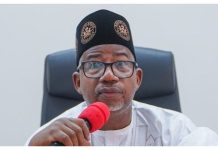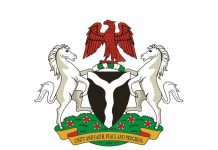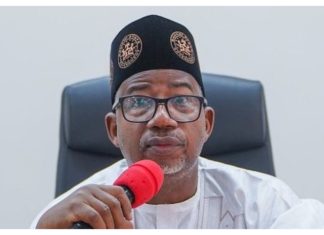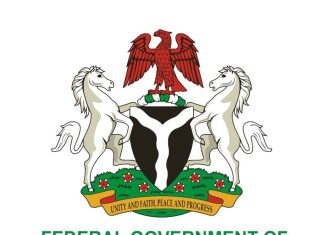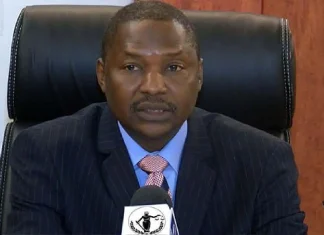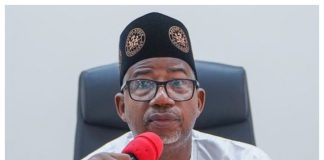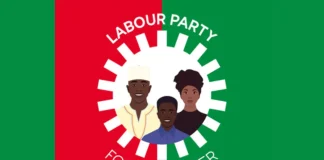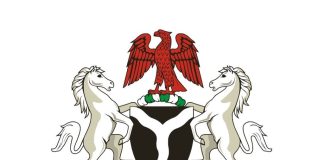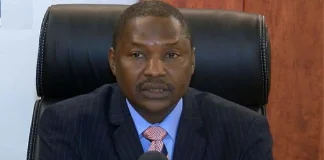By Newspot Nigeria Business Desk
In a world where capital is increasingly deployed to hedge against geopolitical upheaval and technological disruption, Nigeria remains curiously absent from the global conversation on innovation. While Saudi Arabia converts sporting ambition into soft power, and Italy turns football stadiums into private equity plays, one of Africa’s largest economies continues to orbit a worn-out script: rent-seeking politics, cyclical crises, and missed opportunities.
This is not for lack of potential. The April 2025 edition of Global Finance Magazine chronicles how emerging markets—from Morocco’s financial sector to India’s space-linked telecom deals—are harnessing new tools to unlock productivity. Embedded finance is lifting Asian SMEs, while capital-hungry investors now see Italian sports assets as fertile ground. Even Namibia, a country with one-twentieth of Nigeria’s GDP, has inaugurated its first female president and launched a governance-focused cabinet reshuffle.
Nigeria, by contrast, appears committed to nostalgia as a growth strategy. Its political class obsesses over defections and patronage appointments. Investment in the intangible assets that fuel modern economies—data infrastructure, innovation ecosystems, and financial inclusion—remains piecemeal and poorly coordinated.
It need not be this way.
A country with more people than Russia and a diaspora rivaling Israel’s in remittance volume can do better. But doing so requires more than ambition. It requires institutional discipline and an economic philosophy anchored in productivity, not redistribution.
Some modest proposals are in order:
First, Nigeria should establish a professionally managed National Innovation and Infrastructure Fund (NIIF). Co-financed by sovereign wealth funds, diaspora bonds, and multilateral partners, the NIIF would back scalable ventures in agriculture technology, renewable energy, and digital manufacturing—not as subsidies, but as investments with clear returns.
Second, the Niger-Delta should be treated not merely as a post-oil afterthought, but as a renewable energy frontier. Special green economic zones, backed by regulatory stability and tax holidays, could attract the very climate capital now flowing to less endowed countries.
Third, Nigeria must do more with its satellite capacity. A smart agriculture program, using satellite-based crop mapping and flood prediction, could transform subsistence farming into a data-driven sector. Such programs already exist in India and Kenya; Nigeria has no excuse.
Fourth, infrastructure monetisation must be taken seriously. Dormant airports, underused ports, and idle rail lines can be restructured into investible assets. Blended finance models, combining public guarantees and private capital, can catalyse long-overdue upgrades.
Fifth, fintech deserves more than lip service. Platforms like Flutterwave and Paystack have demonstrated scale. With regulatory clarity and targeted credit guarantees, embedded finance can be extended to MSMEs across informal and formal sectors.
Finally, security policy must evolve. Rather than viewing conflict zones as write-offs, the government should pilot protected investment corridors. In the Middle Belt and North, agro-processing hubs, logistics parks, and solar microgrids can be jump-started with insurance-backed capital and military-protected zones.
None of this is novel. Other countries have done more with less. What Nigeria lacks is not ideas, but execution.
Nigeria’s economic predicament is not born of scarcity but of short-sightedness. Other countries—from Morocco to Malaysia—are rethinking the role of the state in markets. Nigeria is still debating whether public funds should go into productivity or patronage.
A sovereign innovation fund, commercially managed; investment corridors protected by state security; embedded finance scaled through fintechs already used by millions—none of these are radical ideas. They are merely effective ones.
But without political imagination and administrative backbone, even the best strategies will gather dust. Nigeria has the population of Brazil, the mobile penetration of Vietnam, and the untapped resources of three Malaysias. What it lacks is direction.
Investors, for now, will wait. Nigeria should ask how long it can afford to make them.
Published by Newspot Nigeria, where national transformation begins with truth.
Share your story or advertise with us: Whatsapp: +2347068606071 Email: info@newspotng.com






